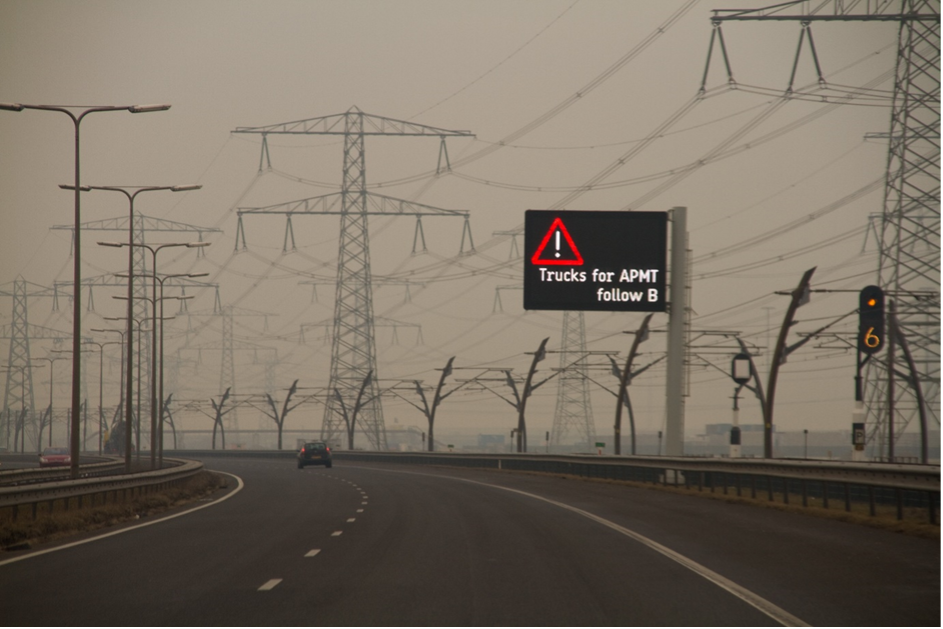by Paul van de Laar
The Menon Economics and DNV Publication 2024 ranks Rotterdam as the second leading maritime center in the world. Rotterdam’s maritime cluster is credited with innovations such as automated container handling systems, advanced tracking and inventory management systems, and the use of new innovative technologies like IoT, fostering greater operational efficiency. Rotterdam’s innovation is driven by its primary function as a transportation hub and its strong economic relationship with the German hinterland, which has been one of the major advantages of the port since the sea-connection New Waterway was built 150 years ago.
During the first two decades of the twentieth century, Rotterdam was driven by the adaptation of new logistics and technological innovations to increase demand for its port services amid fierce competition. Rotterdam’s Rhine-Ruhr hinterland connection fostered a transit port that specialized in bulk commodities (grain, coal, iron ore) and, after the Second World War, in oil and container handling. The DNV report (2024) highlights: “The port remains at the forefront of automation and innovation efforts to leverage new technology that will complement its core port activities.”
The Rotterdam Port Authority will continue to explore further possibilities to enlarge its innovative capacity in the major transshipment business. The Port of Rotterdam strongly supports hydrogen as a key component of its energy transition strategies to reduce dependency on fossil fuels and maintain its position as a leading global energy hub. However, my paper raises the question of whether current technological and procedural innovation policies are too focused on maintaining the existing port system or if they are truly based on 'transition-oriented innovation’.
The argument may be that Rotterdam’s current maritime status and leading role as a transportation hub may restrict the development of alternative economic and innovation strategies in other domains, which may be more resilient in the long run. These issues are not addressed by the Port Authority of Rotterdam, and new governance structures are needed to develop these strategies.
Paul van de Laar (1959) holds a chair in cities as a portal of globalization and endowed chair in urban history of Rotterdam and is head of the History department, Erasmus School of History, Culture and Communication. His current research focuses on comparative port city history and migration history. As core-member of PortCity Futures he is now involved in port city transitions: Gattopardian Transitions: Misleading Narratives in Port City Futures.




